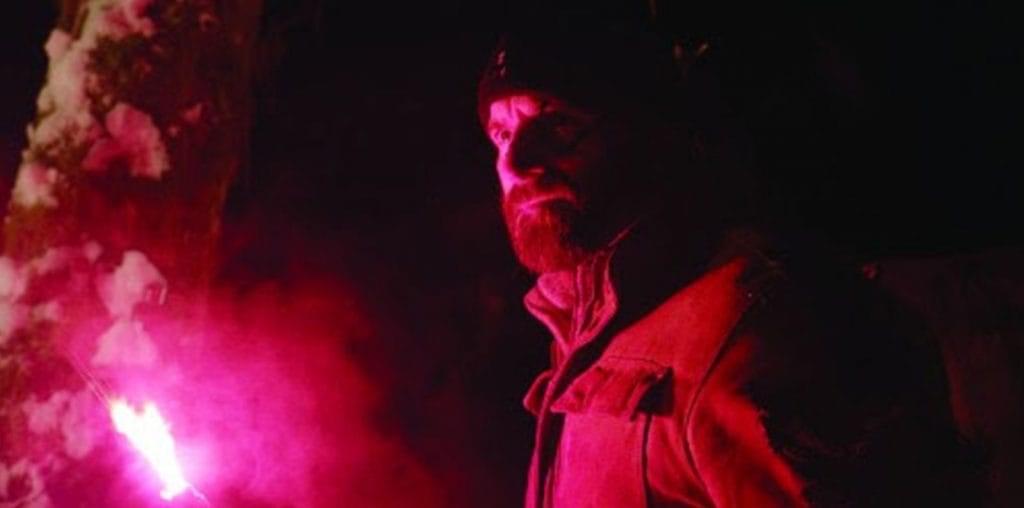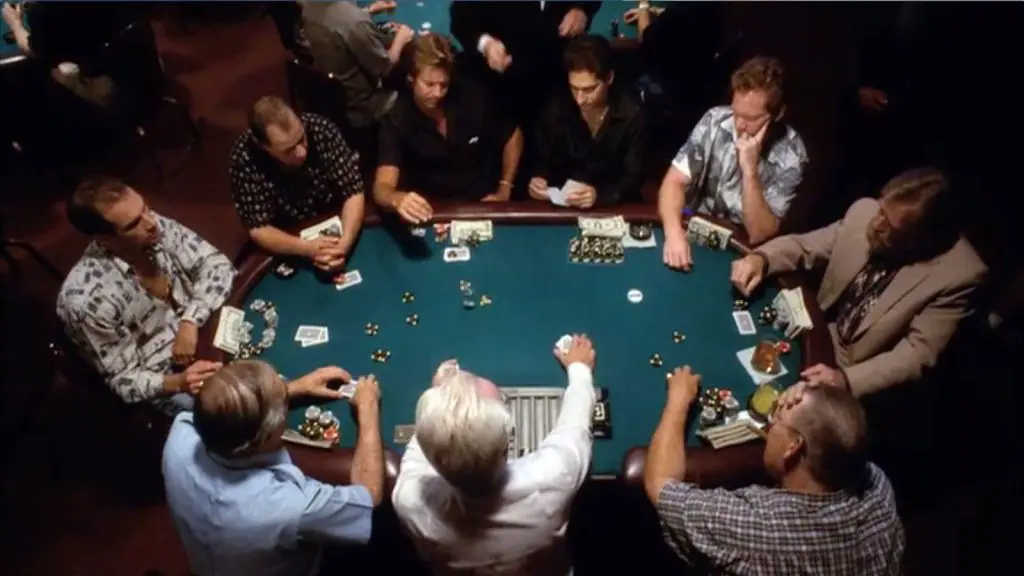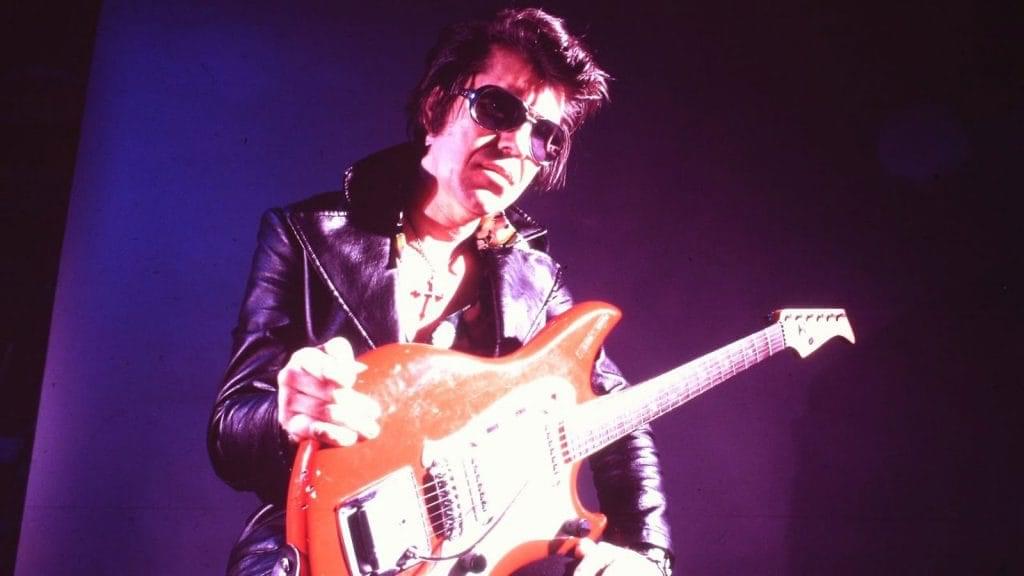
“My Own Private Idaho,” like most of Gus Van Sant’s films, is the kind of movie that you either like or you don’t. Of course, that’s typical of many indie films, but some of them do present a little crossover potential. Not this one. Between the storyline—the tale of two drifters, gay narcoleptic hustler Mike (River Phoenix) and gay-for-pay wealthy politician’s son Scott (Keanu Reeves), in search of Mike’s long-lost mother and Scott’s place in the world—and Van Sant’s decision to insert lines from Shakespeare’s Henry IV Parts 1 and 2 and Henry V into the dialogue, this isn’t a very accessible film.
I hadn’t seen “My Own Private Idaho” before requesting this DVD release from Criterion, but I enjoyed it. I find fascination in tales of people who have unplugged from society. While Mike may have hailed from a lower-class background and Scott from an upper-class one, both see no need to play the school-job-family-mortgage game most of us do, much like the characters in “Trainspotting.” Like Ewan McGregor’s character in that film, Scott flirts with the mainstream world, giving us a sense that he’s simply biding his time until the unplugged life gives him whatever he needs to plug back in.
River Phoenix turns in an admirable acting performance, of course, while Keanu Reeves proves once again that as long as he’s playing someone disaffected and aloof, he can handle the character given to him. Ask Reeves to stretch, such as in Coppola’s “Dracula,” and he falls flat. If he needs to display an emotional reaction, about the most he can handle is the “Woah” of disbelief uttered by Neo after he learns the reality of the Matrix. However, he has his place in the film world, just like Arnold Schwarzenegger and other actors who fill a specific type very well.
As you’d expect, Criterion delivers a worthy two-disc edition of this film, complete with a 64-page book that includes critical essays by author J.T. LeRoy and film writer Amy Taubin as well as interviews with Van Sant, Reeves and Phoenix culled from the pages of Interview magazine. You’ll also find plenty of photos from the movie and its production, along with an article by Lance Loud originally published in 1991. Considering that the major studios have decided to drop those simple insert sheets from their releases, Criterion’s inclusion of this book shows their dedication to film as art, not just commerce.
As for the digital special features, disc one contains a theatrical trailer. There’s no commentary track, but disc two does feature an audio interview with Van Sant conducted by director Todd Haynes. Given that it runs longer than the film, I assume that a decision was made to include it as a separate audio track rather than edit it down. The discussion ranges from such topics as financing and behind-the-scenes tales to basic directing and screenwriting philosophy.
Next up is “The Making of My Own Private Idaho,” a documentary that runs about 40 minutes and includes editor Curtis Clayton, directors of photography John Campbell and Eric Alan Edwards and production designer David Brisbin talking about the film’s development, production and post-production. Good stuff, if you enjoy going beyond the principal creatives to find out what other above-the-line people think about filmmaking.
“Kings of the Road” is almost 45 minutes and features critic Paul Arthur explaining how Van Sant weaved the Shakespeare plays, Orson Welles’ “Falstaff” and influences from previous road movies into a unique work. This is the sort of stuff you rarely see in big studio releases; it’s certainly aimed at those who want to not only learn more about a movie but also think about its major themes and ideas.
River Phoenix’s legacy is remembered in a conversation between producer Laurie Parker and River’s younger sister, Rain, that clocks in at almost 20 minutes. It’s a pretty candid look at an actor who tragically died way too early. River Phoenix had a lot to offer the film world.
Since “My Own Private Idaho” features homelessness pretty prominently, it only makes sense that LeRoy and director Jonathan Caouette would sit down to talk about how their own street experiences have influenced their work, I suppose. Both have connections to Van Sant—he produced Caouette’s film “Tarnation” and used LeRoy’s screenplay for his film “Elephant”—but beyond that, I’m not sure these two deserve more than 50 minutes of special features space for their discussion, especially when you consider that this is another audio-only track.
I think it would have been more interesting to revisit some of the street hustlers who influenced “Idaho,” although I don’t think that would be worth 50 minutes either—if they can even be found. For what it’s worth, Van Sant joins the conversation at one point, which helps keep the conversation, recorded from a phone call, on track.
Finally, we have six deleted scenes that weren’t restored the way the film was but are still watchable. They’re mostly extensions of what’s in the movie, although two display plot points referenced elsewhere in the special features. Not earth-shattering, but interesting stuff for fans of the film.
So there you have it: another ball hit out of the park by Criterion. Fans of the film have no choice but to purchase this one. If you haven’t seen the movie but this review piqued your interest, give it a rental, at least.


